UN rights chief calls on Sudan's military leaders to 'step back'
United Nations High Commissioner for Human Rights Michelle Bachelet has described the recent military coup in Sudan as "deeply disturbing," calling on the country's military leaders to "step back," amid a deepening political crisis in the African country.
Bachelet made the remarks at an emergency session of the Human Rights Council in Geneva on Friday, following a request from Britain, Germany, Norway, and the United States to discuss a draft resolution condemning the military takeover in Sudan.
"I urge Sudan's military leaders, and their backers, to step back in order to allow the country to return to the path of progress towards institutional and legal reforms," she said, stressing that it was "urgent to restore civilian rule."
The UN rights chief further denounced the arrest of politicians, journalists and protesters, who she said were mostly being held "incommunicado, with no access to lawyers or their relatives."
Bachelet said, "All those arbitrarily detained should be released," emphasizing that their release was "essential for an inclusive dialog and a swift return to civilian rule."
She also called for an immediate end to the "disproportionate and deadly use of force" by the Sudanese armed forces as well as military police and intelligence elements, and condemned an internet shutdown and a communications blackout in Sudan.
On October 25, Sudan's top general, Abdel Fattah al-Burhan, dissolved the cabinet and the ruling military-civilian sovereign council. He also declared a state of emergency and put Prime Minister Abdalla Hamdok under an effective house arrest, while detaining other leading members of his government.
Since then, the military has been mounting a harsh crackdown on protesters, who have been taking to the streets after Sudan's main opposition coalition called for civil disobedience and protests across the country hours after the apparent military coup.
According to Bachelet, at least 13 people have been killed and more than 300 others have been injured since the army's power grab.
Meanwhile, the 47-member UN council will decide on the draft resolution presented by Britain, Germany, Norway, and the United States later in the day. The resolution calls for the appointment of a rights expert to monitor the situation in Sudan following the coup and prepare a written report in early 2022.
Bachelet called on diplomats in Geneva to "take appropriate action" to ensure "focused and expert monitoring."
Katharina Stasch, Germany's ambassador to the UN in Geneva, also called the resolution "an important step to ensure accountability for human rights violations committed."
The UN is seeking an end to the political crisis in Sudan via talks between Hamdok and the coup leaders. Last Thursday, Burhan said he had offered Hamdok a second chance to return to power. Hamdok demanded the release of cabinet ministers and the full reinstatement of his government as a solution to end the crisis in the country.
Burhan has denied that the army's seizure of power constitutes a coup, saying the transitional government was overthrown to avoid a civil war in the African country.
Sudan has been embroiled in a longstanding political crisis since the ouster of former President Omar al-Bashir in 2019, driven mostly by deteriorating economic problems.
VIDEO | Ramadan begins in France amid optimism, challenges
Hamas: Huckabee’s remarks expose ‘American bias towards Zionist domination, annexation’
‘We will not bow to pressure or coercion’: President Pezeshkian
Trump raises global tariffs to 15%, calls Supreme Court ruling ‘ridiculous’
IRGC Navy tests Sayyad-3G air defense missile in Strait of Hormuz
Iran labels EU naval, air forces as ‘terrorist’ in response to IRGC listing
ICE quietly buys warehouses for major detention expansion
Family of US citizen killed by Israeli settler demands end to impunity


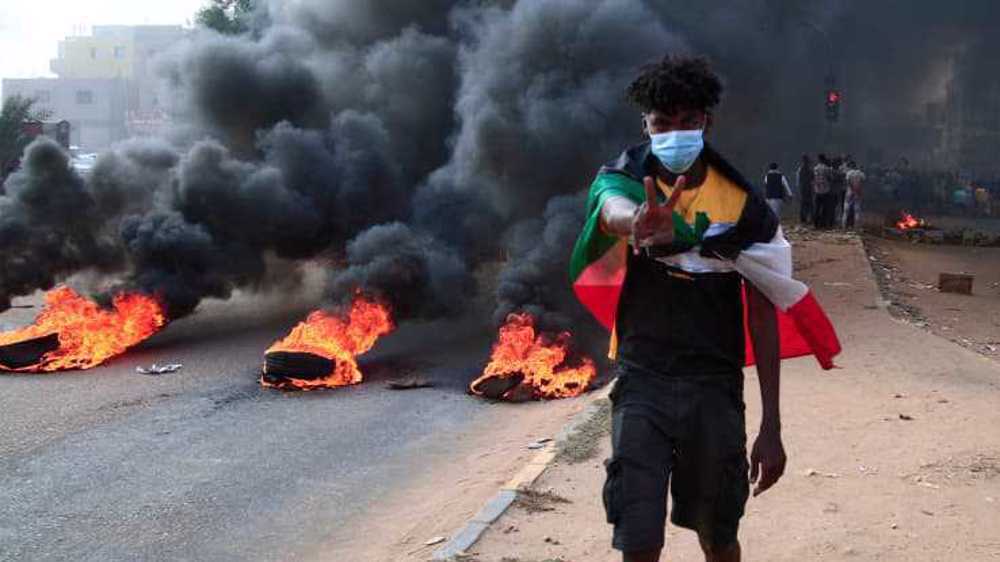
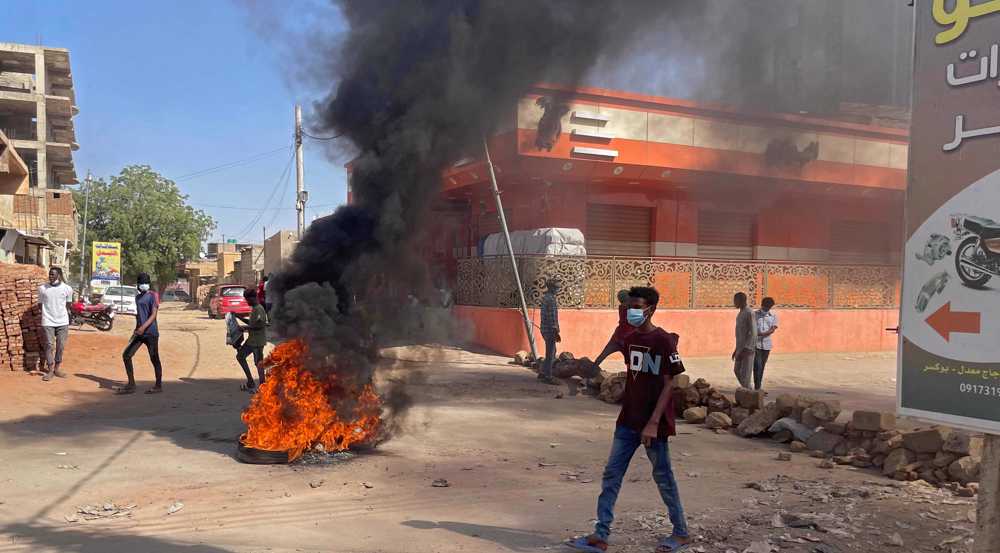
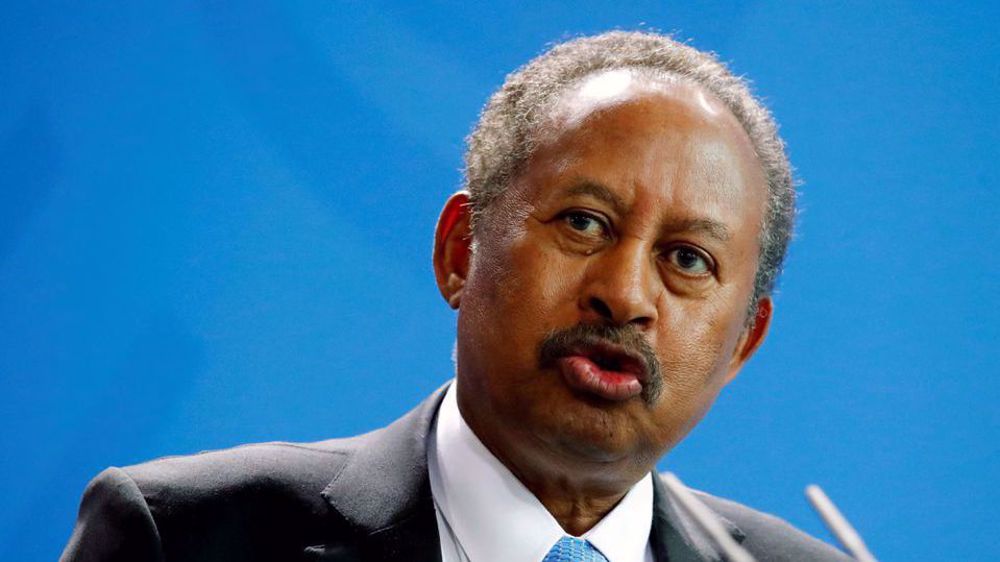
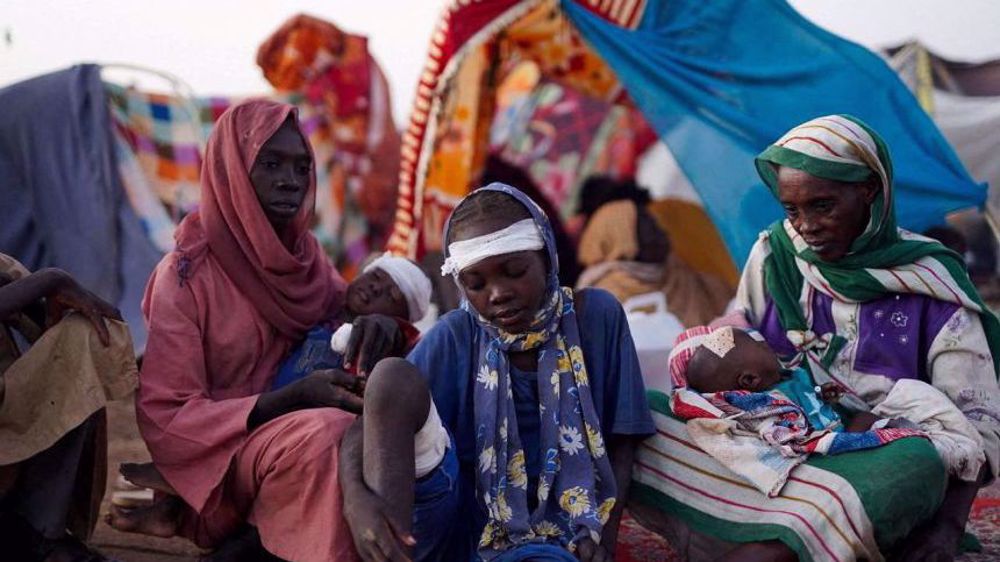
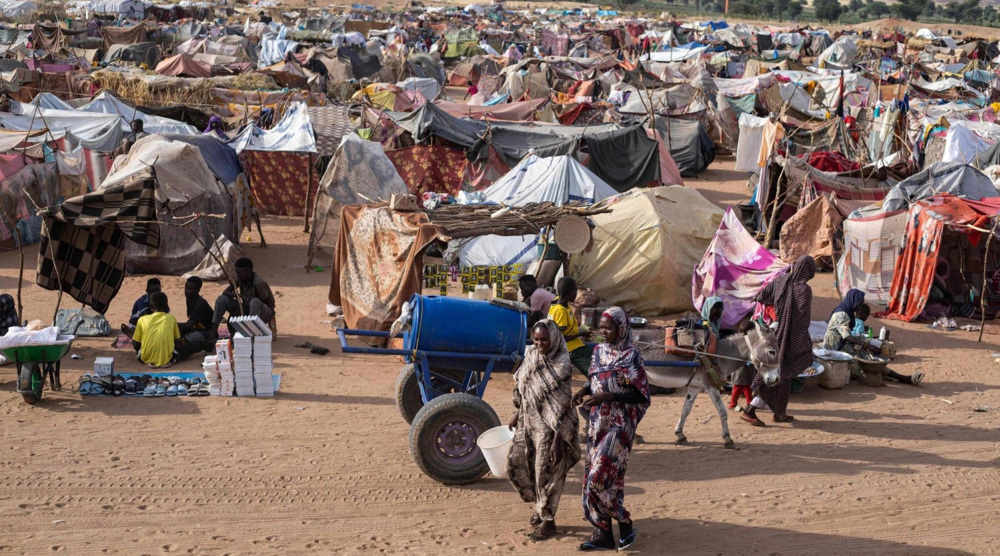
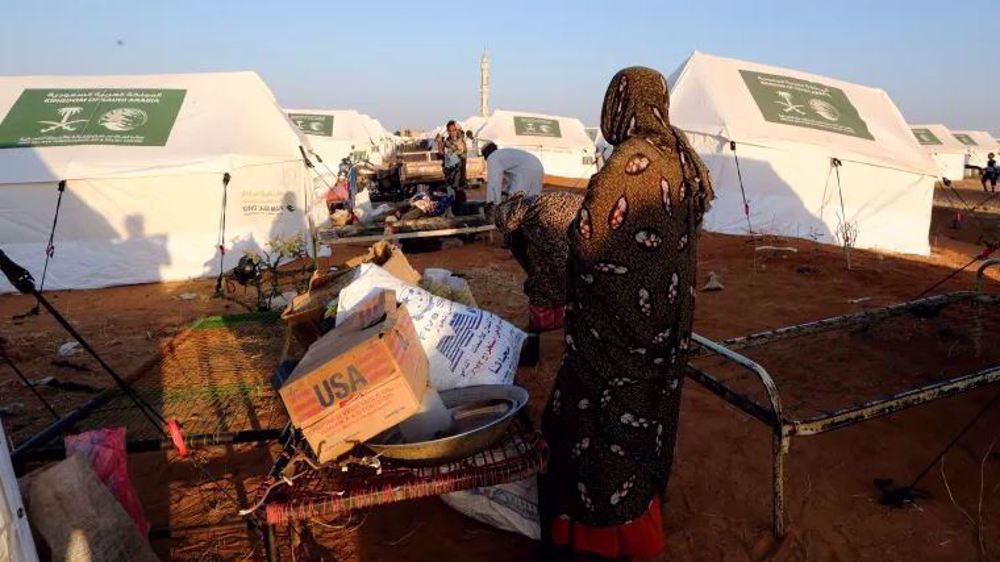



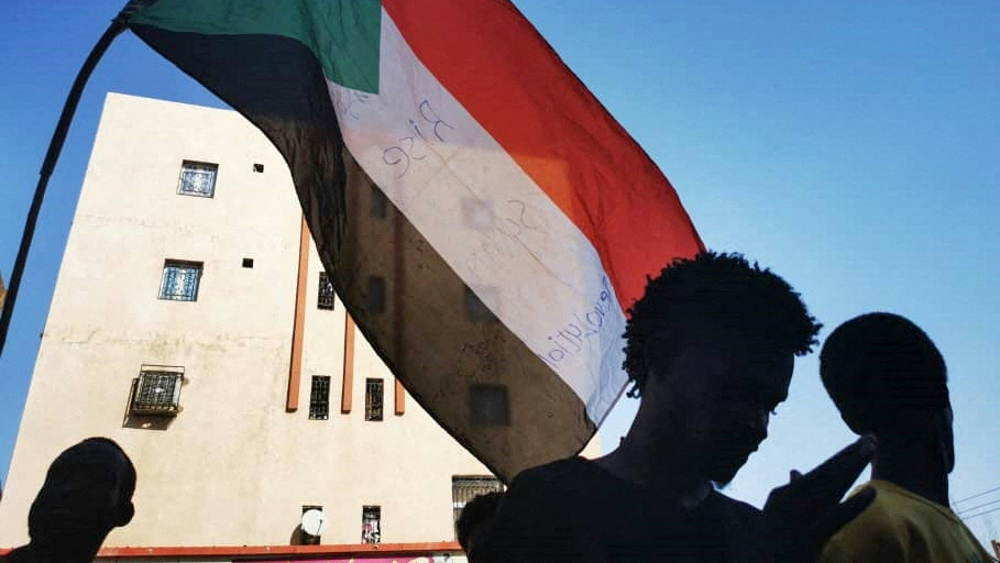
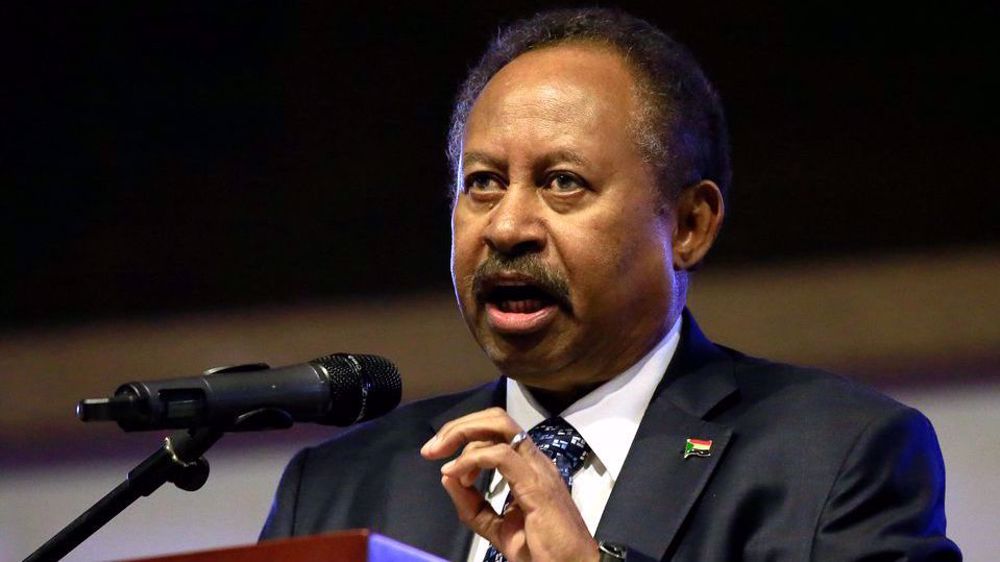
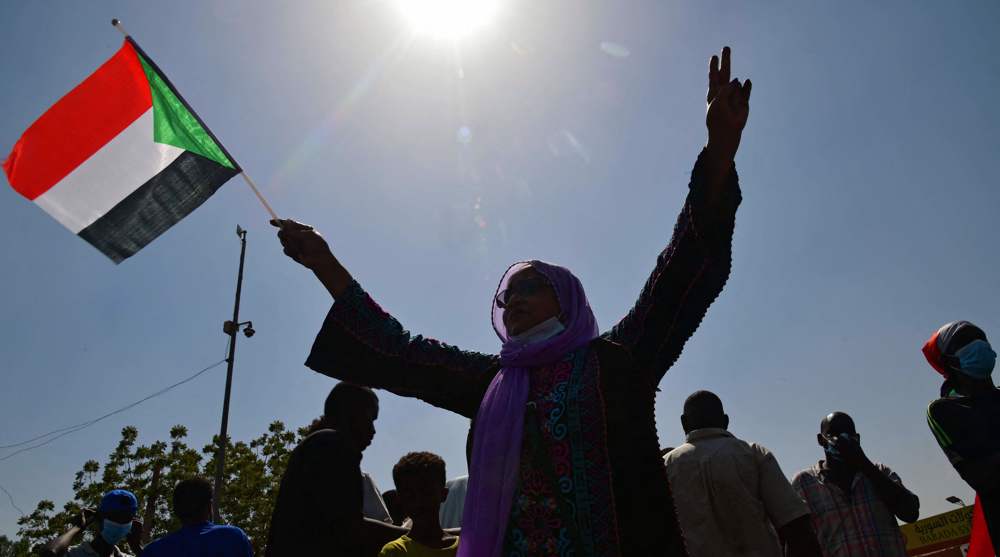
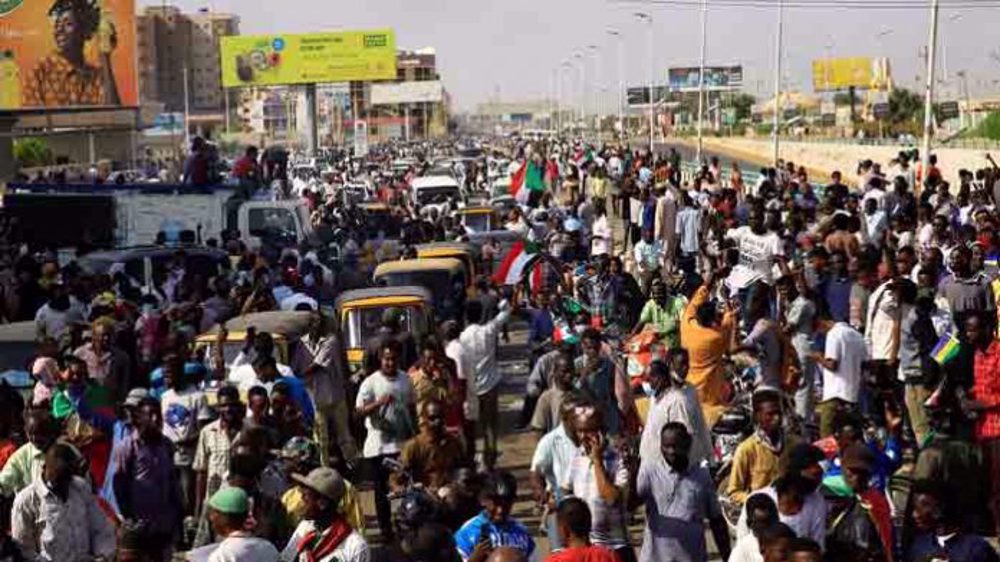

 This makes it easy to access the Press TV website
This makes it easy to access the Press TV website